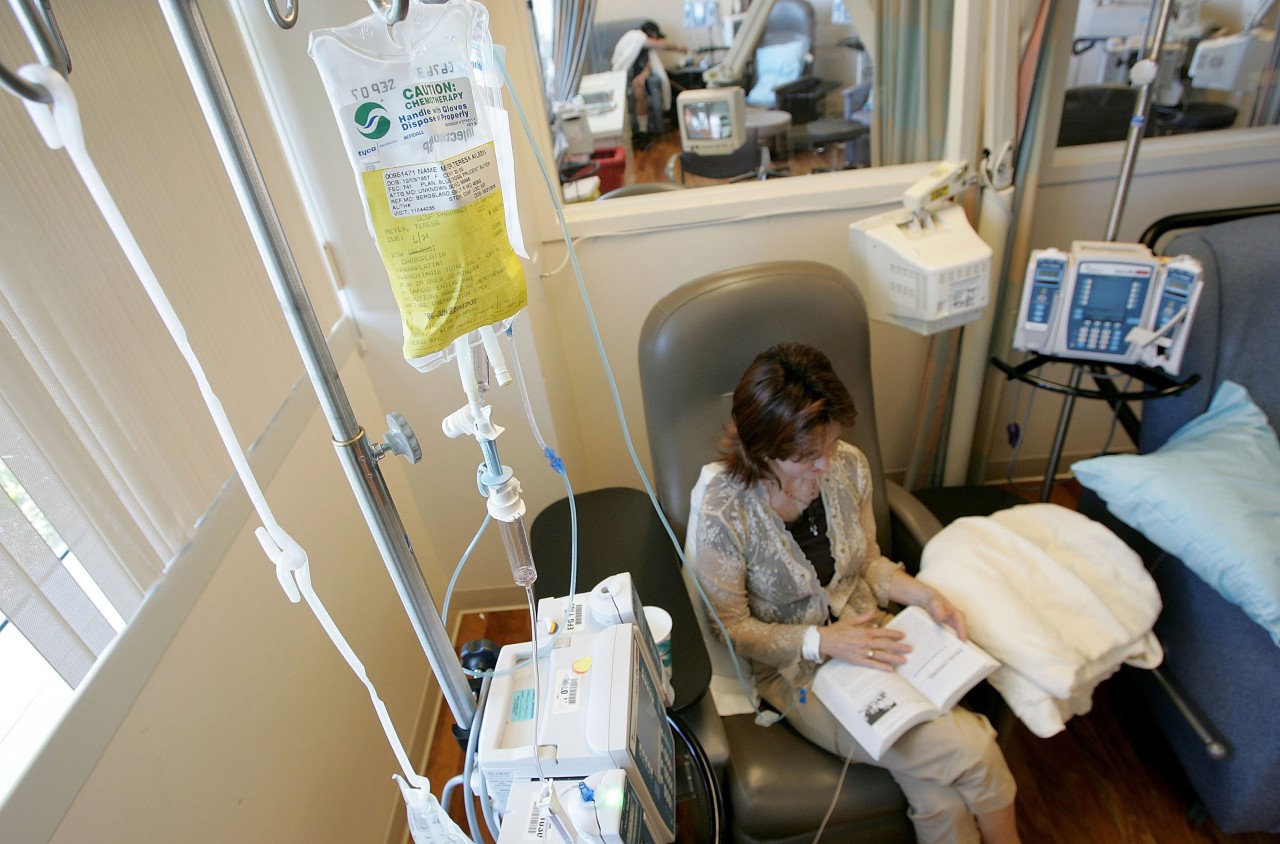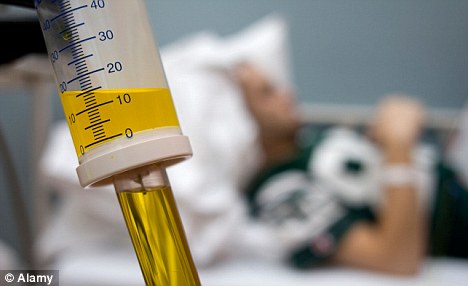Posted by Editor | 0 Comments
Diet During Cancer Treatment
Treatments for breast cancer, such as radiotherapy and chemotherapy, can cause a range of side effects, and some of which can affect your appetite. You may not have the desire to eat, but it’s critical to have enough calories and nutrients in your body to reduce treatment problems, boost immune system and help minimize weakening side effects such as fatigue. If you have not yet gone for one, we recommend a cancer check with Harley Street oncologist in Singapore to ensure that all is clear. Here are some important points to keep in mind that will help manage the side effects of your treatment better.

Diet after Surgery
Most cancer patients in Singapore reported that they feel ready to eat again after their surgery, and notice that their appetite increases each day. To gain back the energy and promote healing of tissues, try to balance a healthy diet with foods you enjoy eating. Think of easy-to-eat foods that your body can manage to digest without much effort. A bowl of cereal with your choice of fresh fruits is quick and healthy and can contain one-third of your vitamin requirement for the day.
Even if your appetite is low, try not to miss a meal and get into a pattern of eating. Even if your meal is just avocados on toast, it will still provide energy and get you eating on time.
Side Effects of Chemotherapy
The side effects of chemotherapy vary from patient to patient. Some may not experience change in appetite, while others may experience a change in their desire to eat, although it’s very common to find your appetite fluctuating during the entire cycle of the treatment.
Changes in Appetite
Here are some tips to help you manage your unstable appetite:
• Have six small meals a day instead of three big meals
• Drink smoothies, fresh fruit juice or milkshakes if you don’t feel like taking solid food
• Avoid drinking liquids before and during meals as this decreases your appetite
• Do something active, such as a short walk, before a meal to increase your appetite.
There are also some cancer patients in Singapore who find themselves eating more due to the drugs given during the treatment.
• Go for low-fat drinks and foods
• Eat more fresh fruits and vegetables, instead of meat
• Be aware of the sugar content of “diet” foods.
Feeling Nauseous
Taking anti-sickness medicine can help ease nausea and vomiting. If you feel nauseous every after treatment, bring this up to your oncology team to find a suitable prescription drug for you.
However, as much as possible, try to manage your nausea the natural way. Drink water more frequently; it’s much better to drink in small sips than drinking large amounts in one go. For the food, go for small, frequent meals rather than large meals at once. If you still feel nauseous, ask your specialist if you can take herbal teas. Teas such as ginger and mint tea can help settle an upset stomach.
Change in Taste
Your sense of taste can change because of the therapy, making food taste less appealing. Make use of herbs and spices or go for strongly flavoured dishes to regain your taste buds. Try a variety of flavours and food to find which ones you like best.
If possible, refrain from using metal spoon and fork. There are some cancer treatments that cause a metal-like taste in the mouth. Use plastic utensils and glass plates, instead.

Sore Mouth
Another side effect of chemotherapy is sore or dry mouth, making it more difficult to take in food. To ease the discomfort, try the following:
• Use straw
• Gently floss your teeth and use a soft-bristled toothbrush to clean your teeth
• Soothe your gums and lips with ice cubes
• Go for soft or quid food, like stews and soups
• Avoid salty, spicy or acidic foods
Diarrhea
Occasionally, chemotherapy causes diarrhea. If this happens, try these:
• Reduce intake of fiber-rich food (can be avoided by peeling vegetables and fruits, so that it’s still rich in vitamins, minus the fiber)
• Drink plenty of water
• Control your portions of fruits and vegetables, especially those rich in fiber.
Go to a cancer center if your diarrhea doesn’t subside. Your oncologist can prescribe you with medications if needed.
Constipation
Eating less, doing less activities and taking medications can cause constipation. Your specialist can provide you with laxatives to manage your bowel movement. Also, it helps to eat fiber-rich foods, such as whole wheat bread, cereals, dried fruits, beans and oats, paired with plenty of healthy fluid, such as teas and fresh fruit juice. Along with healthy food, regular light exercises help boost your metabolism.
Food Safety
Since breast cancer treatments tend to weaken the immune system, you need to be careful with the food you take to avoid food-borne illnesses. Talk to your specialist how to safely handle, prepare and store food, as well as ask when you’ll be able to eat certain foods again.
• Keep cross-contamination by separating raw food, fruits and vegetables and cooked food
• Cook the food well by using a food thermometer to accurately check its internal temperature
• Refrigerate or freeze food within two hours of buying it
• Wash fruits and vegetables well before consuming them and clean the top of canned goods before opening them
• Avoid buffets as the food are usually displayed for long hours and may have come in contact with many diners.
The food you eat is crucial in ensuring your health when under treatment. As some breast cancer treatments can take a toll on your health, you want to stay healthy and provide your body with much needed nutrients to stay healthy and help fight cancer. Go to a cancer center and talk to an oncologist for some advices on the right food to take.


